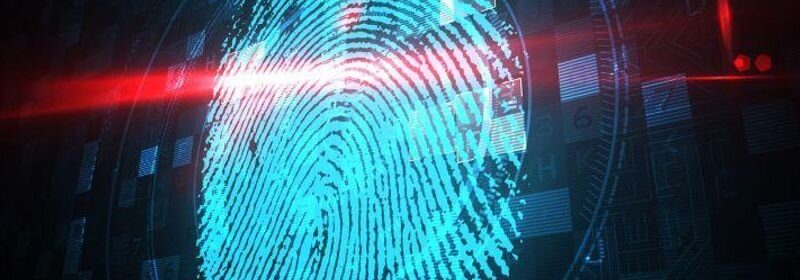Fingerprint images have potential for predicting schizophrenia

Fingerprint images have potential as predictors of schizophrenia, according to a study published online Nov. 29 in Schizophrenia Bulletin.
Raymond Salvador, Ph.D., from the FIDMAG Germanes Hospitalàries Research Foundation in Barcelona, Spain, and colleagues built deep learning classification algorithms based on convolutional neural networks using a sample of fingerprints from 612 patients with a diagnosis of nonaffective psychosis and 844 healthy individuals. The general architecture of the network was chosen previously and then applied for building classification algorithms for patients versus controls based on single fingers and multi-input models.
The researchers found that the right thumb network achieved the highest level of accuracy from networks based on single fingers (weighted validation accuracy, 68 percent); a model simultaneously using images from the left thumb, index, and middle fingers had the highest accuracy for multi-input models (weighted validation accuracy, 70 percent).
“To the best of our knowledge, this is the first study analyzing the potential utility of fingerprint images to automatically diagnose schizophrenia through deep learning, and our results support the feasibility of such an approach,” the authors write. “Moreover, the lifelong stability of fingerprints also supports their potential value as predictors of risk of psychosis, especially if combined with other sources of data.”
More information:
Abstract/Full Text
Copyright © 2022 HealthDay. All rights reserved.
Source: Read Full Article
